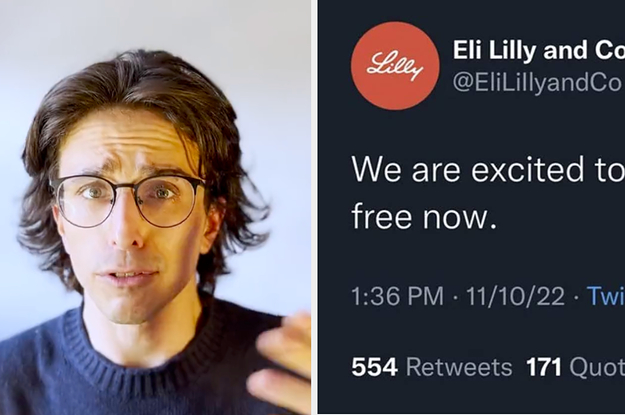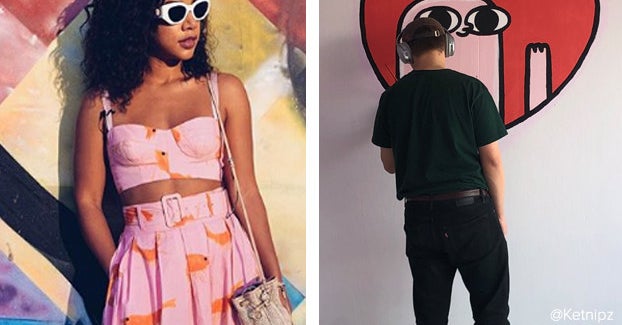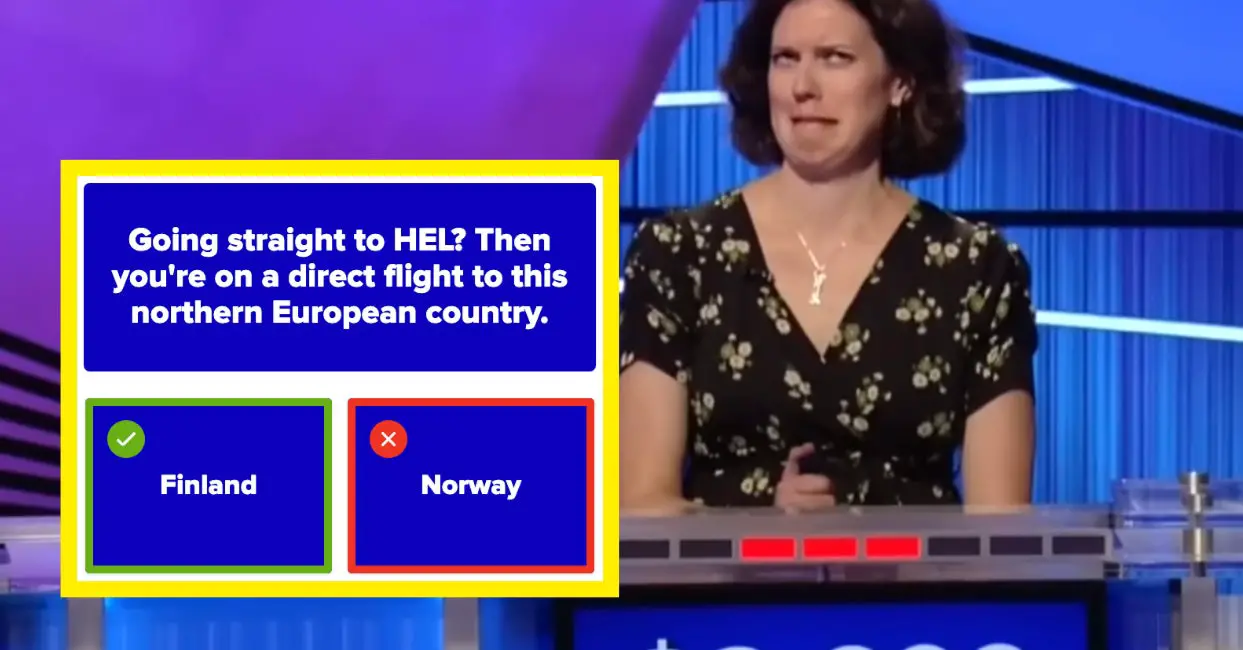I came up with the idea to have a dinner to celebrate my close friend Marc’s life. One of his greatest pleasures in life was to have a fine meal with close friends. So it was heart-warming that this event came together in such a spectacular way.
Dominic Sutherland spoke movingly about Marc at this fifty-person event in Chelsea’s 50 Cheyne. This was celebrating Marc de Jersey’s life on what would have been his 49th birthday. One funny detail is that I am now good friends with David Yelland, who was editor of The Sun Newspaper when it published the story mentioned (about the A-lister actress). For the full twelve-minute speech, click here.
Some of the highlights of Marc’s life:
> Promoted to News Editor at ABC News in London
> Promoted to work on the news team at ABC News at their global HQ in New York City.
> Winning an ‘Emmy’ for his work at ABC News covering the 9/11 attacks
> Recruited on to a Senior Editorial position on the newsdesk at BBC News
> Working as a Senior News Editor on the SKY News desk, 2003-2004.
> Setting up Russia Today in Moscow, in 2005
> Covering abuses by major oil companies in the Amazon rain forest, for The Guardian Newspaper
Sadly Marc never did get around to taking his planned Ph.D. in Journalism or writing the thesis he had designed, which would have made a brilliant book.
He did teach journalism for several years at the University of Cardiff and Lancaster, however. Here are some extracts from his Ph.D. thesis plan:
The Rise
and Fall of Russian Journalism 1990 to 2010
Ph.D. Thesis, University of Cardiff School of Journalism, Marc De Jersey
When the journalist Anna Politkovskaya was found
dead in the lift of her block of flats in central
and murder of journalists have been widespread in
power in 2000. She just happened to be the most high-profile journalist with an
international reputation. Her assassination was effective. It ended reporting
from
But what of the 13 Russian journalists who have also been murdered in contract killings? The
scores beaten up and intimidated? The hundreds of professional journalists who
have been fired?
When I was in
trying to protect me from falling out with the Kremlin and the FSB. This
was in 2006, four months before the death of Anna Politkovskaya. He failed but
he sat me down and said to me: ‘Let me tell you about the state of Russian
Media at the moment: We. Don’t. Care.’
I want to ask the questions what
happened to Russian journalism? When? And most importantly why? When I eventually was
deported from Russia I had a chance to look at some of those questions and interview a lot of
journalists, both western and Russian, on the topic.
What firstly surprised me in
my research is that there has been no substantive account or academic study on
the subject. Yes, articles have been written or commissioned by the Index of Censorship,
IWPR, CPJ, the Guardian and others, but none of them, though commendable, could
be classed as academic.
Next what struck me was what
a complicated, rich and layered story this is in terms of subject matter. At
the heart of the story is Russian journalism and its relationship to the
government, but also behind this is a story of the Russian oligarchs entering
Russian media in the Yeltsin years and then Vladimir Putin clamping down and
closing TV stations that were critical of him via giant multinational Russian
companies such as Gazprom. It is argued that the current state of affairs has
led to an acute lack of pluralism in
news is now 100% state-controlled and it is almost impossible to know what is
happening in
There are two reasons I think
this project is important. The first is that it hasn’t been done in depth at an
academic level. The second is from an academic perspective: to the best of my
knowledge
impacting freedom of the press in one country over a period of 20 years.
This is not an easy project.
Getting Russian’s to talk is often hard and sometimes dangerous. We’d be
looking to interview Russian journalists, oligarchs and enemies of Putin, some now exiled, as well as leading academics in
Russian affairs, NGO’s and professional western journalists who have worked in
Russia.
Source link









Leave a Reply